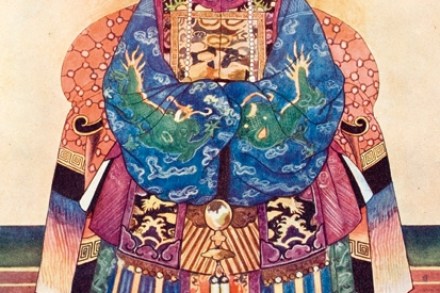My dear old thing! Forget the nasty bits
There can be a strong strain of self-parody in even the greatest commentators. When Henry Blofeld describes the progress of a pigeon in his inimitably plummy tones, or greets a visiting Ocker to the commentary box with a jovial ‘My dear old thing!’, he is impersonating himself as surely as Rory Bremner has ever done. Just where ‘Blowers’ ends, though, and the man behind the act begins, can be tricky to judge. In Squeezing the Orange he does occasionally show us behind the scenes. He reveals, for instance, the advice which led him to his obsession with describing buses, and cheerily explains how he came by that ‘silly’ catchphrase, ‘My




















